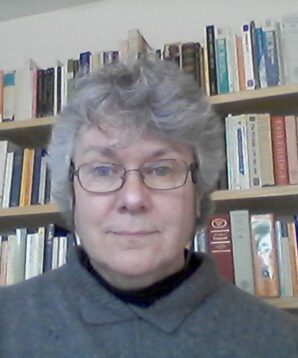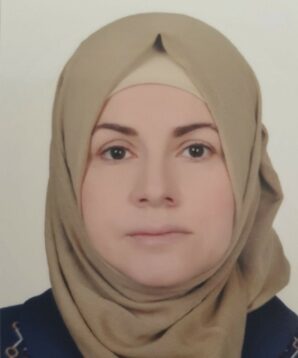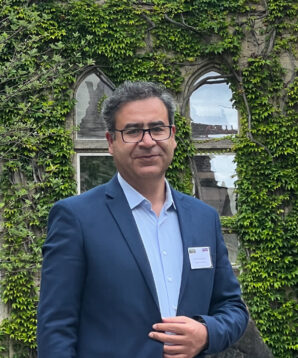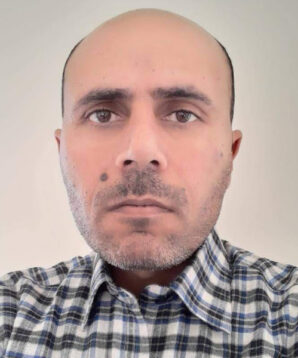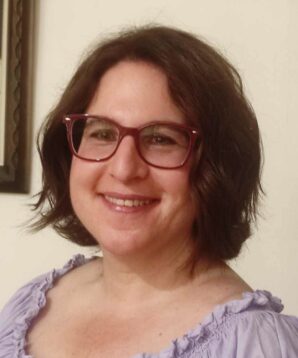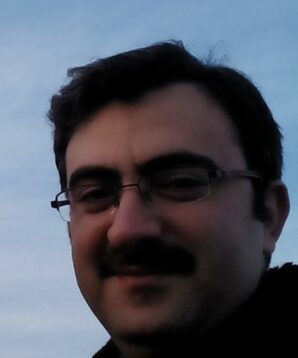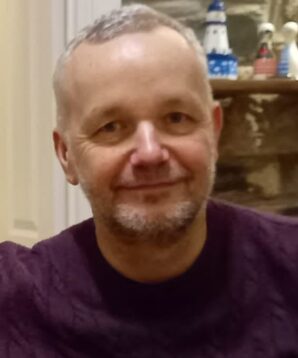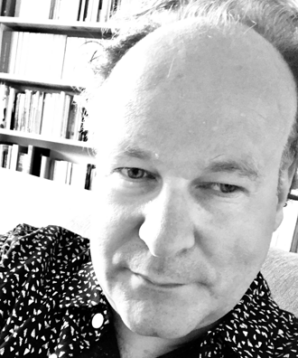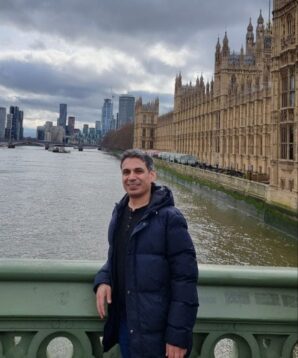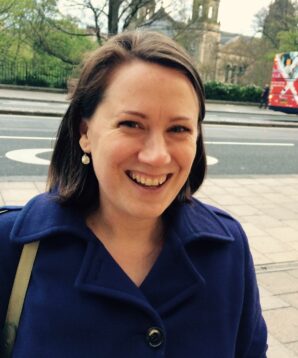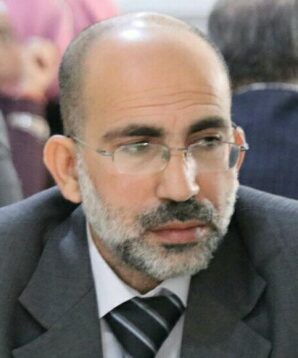Syria Programme
Investing in Syria’s Intellectual Capital
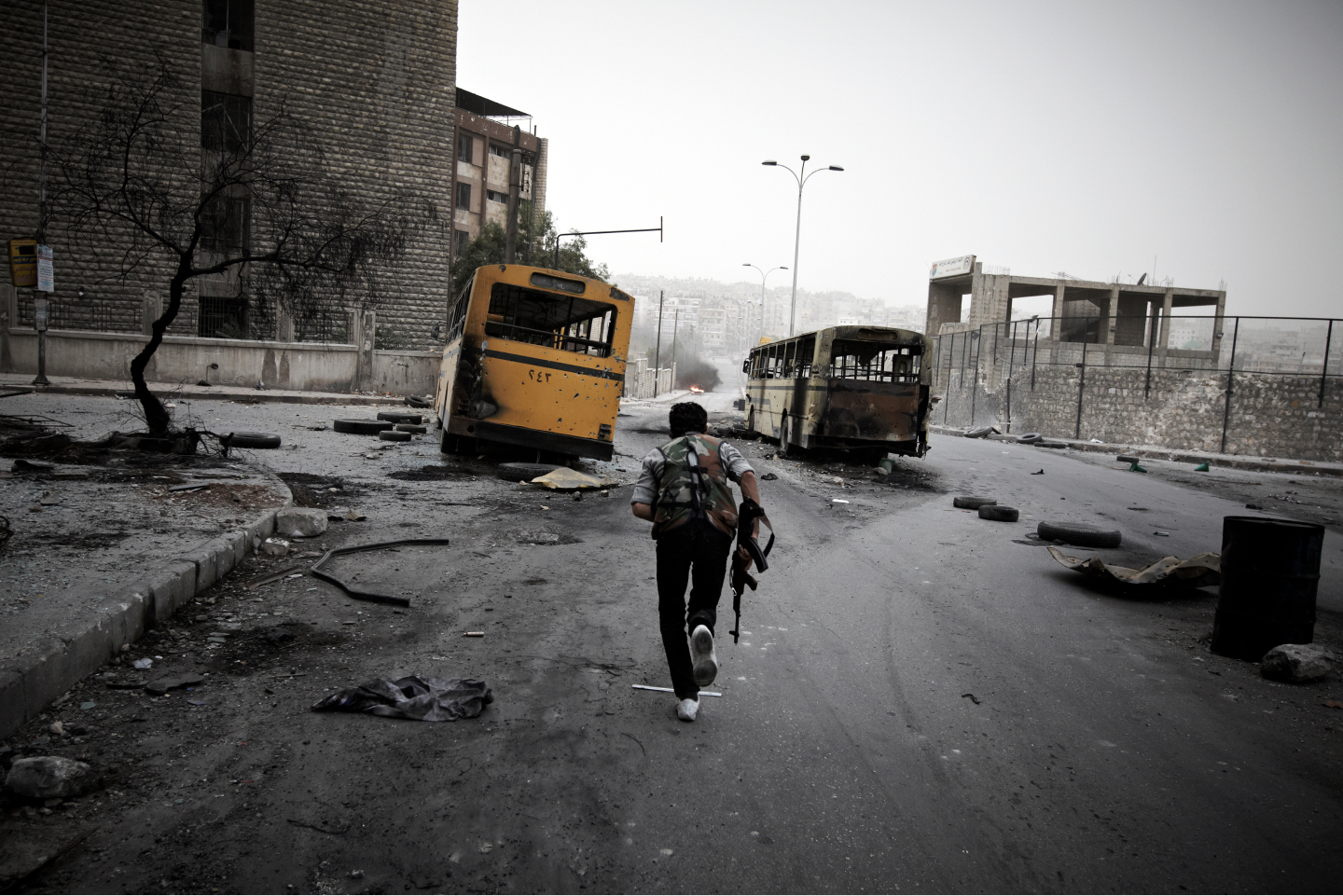
Free Syrian Army fighter runs along one of Aleppo’s front lines. October 21, 2012. (Sebastiano Tomada/Getty Images Reportage)
Pathways to the Future
Syria Programme (SP) Aim Launched in 2016, in Turkiye, where the greatest number of Syrian academics sought safety, the Programme aims to strengthen and connect Syrian academics, by facilitating continued academic development and engagement, to ensure that this major part of Syria’s intellectual and cultural capital plays its vital role both in the immediate and the future of Syria and its higher education.
Developmental Partnerships for the Goal of Quality Higher Education (HE) (UN Sustainable Development Goals: 4 ‘Quality Education’ and 17 ‘Partnerships for the Goal’). The partnership model is central to the effectiveness of the Syria Programme (SP), which currently benefits from the support of over 500 university-based volunteers, as well as that of Cara Network institutions. This latest phase aims to grow support at the institutional level through collaborative developmental partnerships, supporting potential, new and existing Syrian HE ‘spaces’, including the emerging HE sector in the non-regime northwest of Syria.
Unique & Innovative The SP is the only programme that is solely and systematically supporting Syrian academics directly affected by the crisis in the region, including those dedicated to sustaining access to HE.
“Believe me, I wouldn’t have been able to get back to the academic track without Cara; I will never forget that.”
Sultan Jalabi, Social Scientist


500+
Registered
200+
Involved in one or more Programme Activities
Gender Ratio
1F:5M (1F:8M in 2018)
Eligibility Criteria Syrian academics in the Middle East region (including Turkiye) who have been directly affected by the Syria crisis, whose disciplines sit within the arts and humanities or humanistic social sciences OR female academics from all disciplines OR who join as a member of a research team, AND who meet the Cara definition of an academic.
Profiles & Numbers Over 500 Syrians from across the discipline spectrum are registered on the SP database, of which over 200 are actively involved in one or more of the Programme’s activities. Disciplines include agriculture, anthropology, archaeology, architecture, business studies, chemistry, education, engineering, international relations, linguistics and languages, literature, physics, political science, and psychology.
Gender The Syria Programme proactively supports and encourages the participation of Syrian female academics, including covering the cost of their young children to accompany them to Syria Programme workshops. The gender balance in 2023 is 1F:5M rising from 1F:8M in 2018.

Syria Programme Activities
respond individually and collectively to the Programme’s overall aim.
English for Academic Purposes
English, as the lingua franca of the international academic/scientific communities, remains critical to supporting engagement within the wider international academic arena, including access to extant literature and publication in peer-reviewed journals.
Academic Development
Academic Skills Development encompasses a number of complementary initiatives to support the challenging transition between very different HE cultures, introducing new methodologies and methods and what are broadly accepted as international standards and good practice in teaching and research.
Research Incubation Visits
Research Incubation Visits (RIVs) four- to eight-week UK university visits to facilitate professional connection, networking, training, shadowing and observation, and the development of longer-term collaborative research projects. Resulting host institution affiliation allows continued access to its online resources for a minimum of two years.
Research & Grants
The two Syria Programme research strands are run in parallel. The first ‘Cara-commissioned Research’ focuses on Syrian HE-related topics. The second, is a competitive grant stream open to all disciplines, albeit with a particular interest in the arts, humanities and humanistic sciences. Both provide action-learning, professional connection and collaboration opportunities through the Cara partnering model.
Supporting Syrian Academics
Syria Programme Partners
In addition to the support of the Syria Programme’s core funders, the Open Society Foundation and Mellon Foundation, and the extensive support and resources provided by the 135 Cara Network institutions, both in-kind and financial, and individual volunteers, the Syria Programme also benefits from the generosity of external partners including Advance HE, The British Academy, The British Council, Cambridge University Press, Elsevier, Newsademic, Oxford University Press, and The Royal Society, in addition to numerous conference and publication fee waivers.
Syria Programme Stories
Volunteer
The Syria Programme relies extensively on volunteers, with over 65 EAP tutors providing weekly online one-to-one sessions, as well as online group ‘English’ and ‘Speaking Practice’ sessions, and over 400 university discipline experts – the Syria Programme ‘Peer Review College’ – committed to supporting one or more of the following roles: independent reviewer, editor, research mentor, ‘E-soiree’ presenter, and as developer/facilitator for short training courses and three- to four-day in-person academic writing workshops in Turkiye. The ‘Peer Review College’ framework allows formal recognition from their institutions for their Syria Programme-related work. We owe a massive debt of gratitude to all who give so freely of their time, expertise and energy in an act of solidarity with their Syrian colleagues.
“Working with Cara is one of the best decisions I have ever made.”
Dr Maria Kyriakidou, SP Mentor
